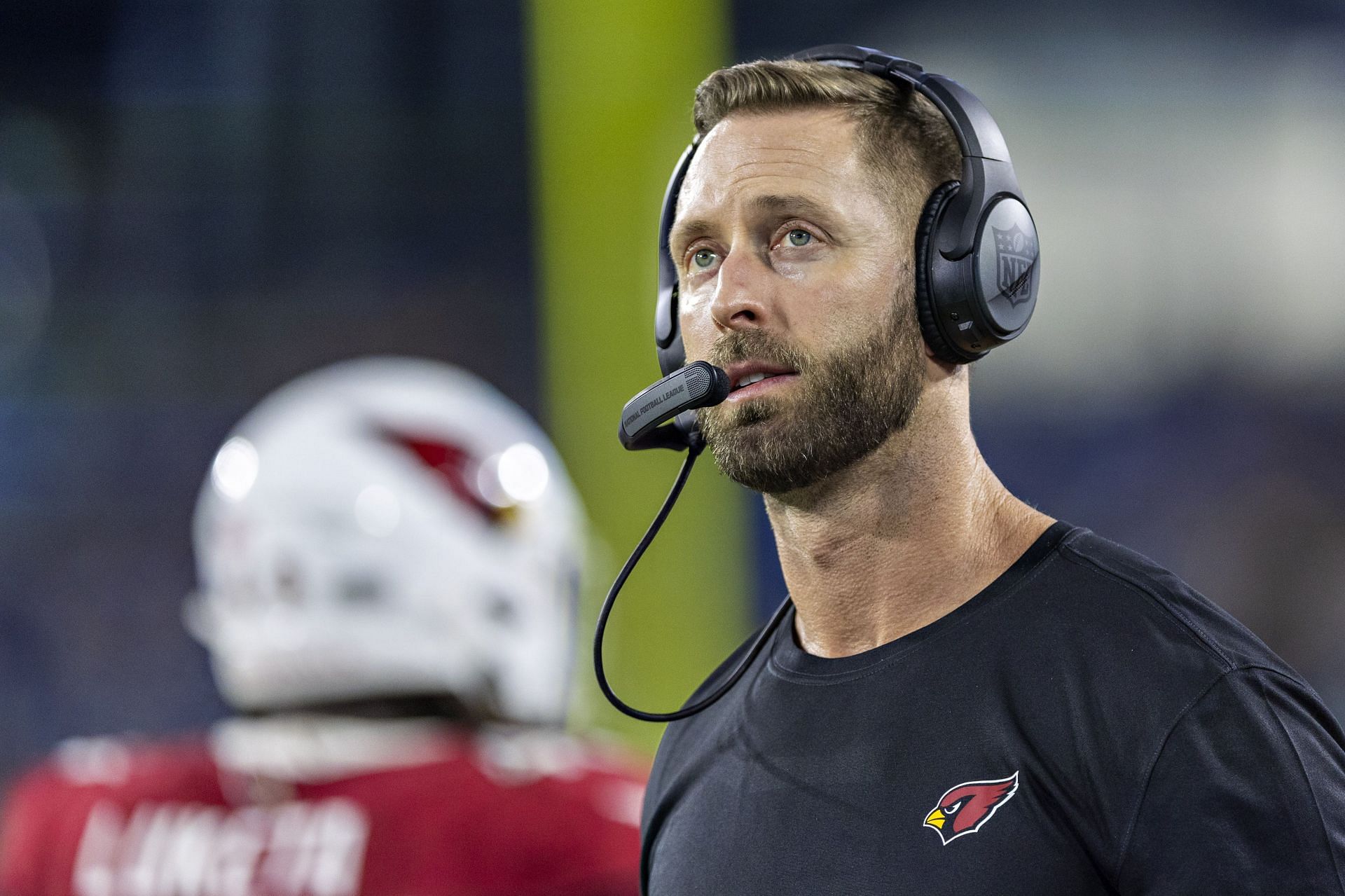
The Arizona Cardinals Need More From Kliff Kingsbury
Kliff Kingsbury and the Arizona Cardinals have been unimpressive to start the NFL season. Star quarterback Kyler Murray was considered an MVP candidate entering the season. However, the Cardinals offense has seemed flat three weeks into the season.
Kingsbury has failed to make use of the vast talent the Cardinals possess on offense. Why is this? There are multiple reasons why the offense is sputtering.
Arizona Cardinals' lack of a safety blanket; DeAndre Hopkins Suspension
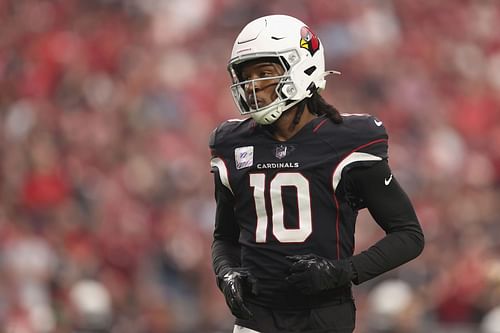
Kliff Kingsbury's offense at its best has a punishing short-run game. It pulls teams' linebackers and safeties closer to the line of scrimmage to be exploited by Kyler Murray's other-wordly accuracy on deep passes.
For most of last season, the link in the intermediate passing zone (10-20 yards) was star receiver DeAndre Hopkins. Hopkins functioned as Kyler Murray's first option on many plays last season and his absence has been a glaring issue.
In many ways, Hopkins functioned like an elite tight end for Murray, having safe hands to be trusted on tough plays. Hopkins is famous for almost never dropping passes while also running tough for yards after catch (YAC).
The wideout is also an elite red zone target because of his long arms. Hopkins always times his leaps to perfection, making climbing the ladder for a high pass seem effortless.
The receivers left for the Cardinals have failed to fully replace what he brings to the offense. The closest Murray has to a reliable receiver in the intermediate zone is 5'7 third-year Greg Dortch and the recent addition Marquise Brown.
Kliff Kingsbury's Dysfunctional Offense
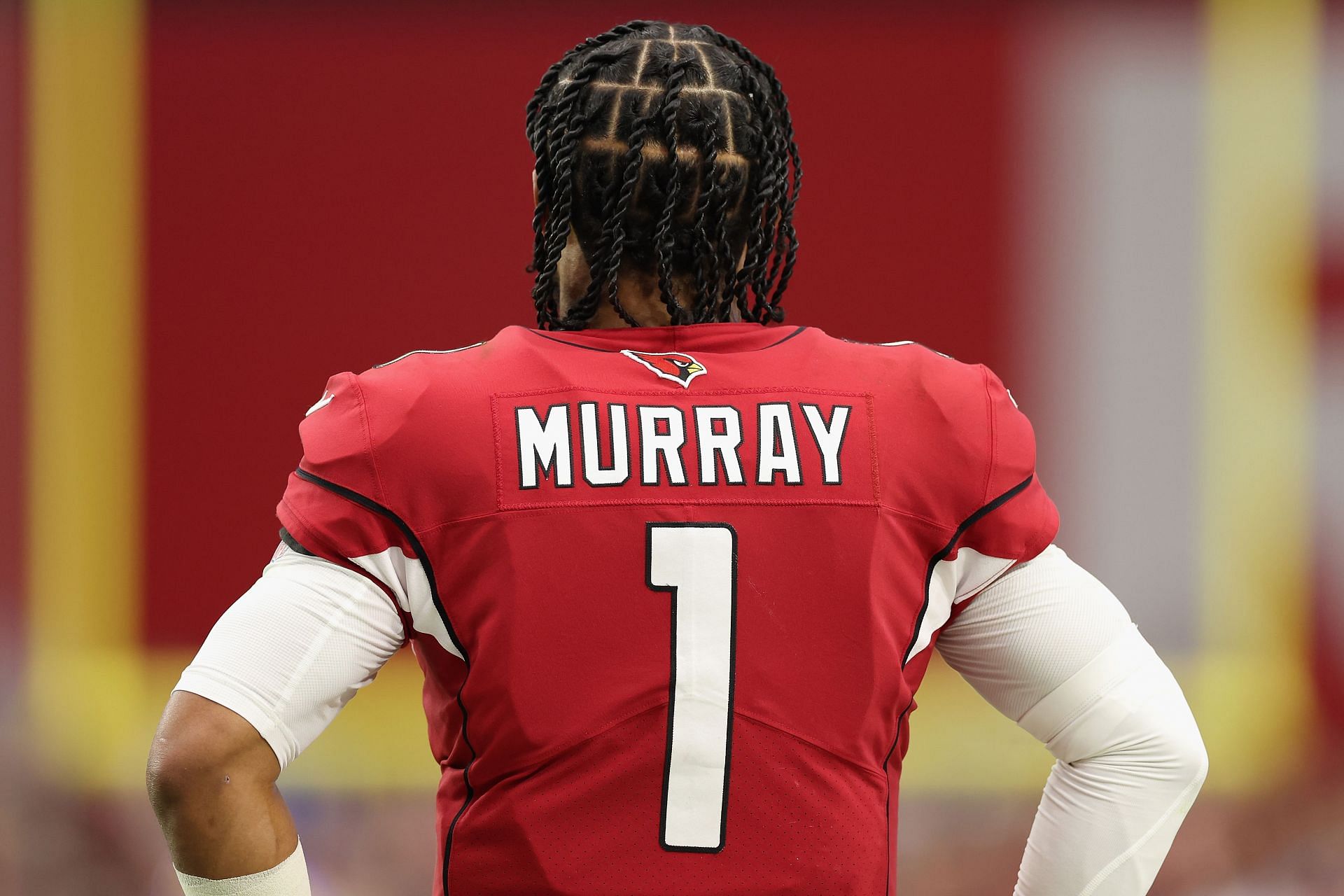
Kliff Kingsbury is a disciple of offensive genius Mike Leach, a preacher of the Air Raid system. The system is designed out of a shotgun formation with three/four wide receivers and one running back. The scheme is notable for its focus on passing. Fundamental Air Raid play concepts have plays that are designed to get the ball out of the quarterback's hands quickly and stretch the defense horizontally and vertically.
Kyler Murray being a dual threat is a cheat code in this system as it allows the offense to have two running threats. Even in Kingsbury's favored empty-backfield sets (no running back in the backfield), Murray's running ability must still be accounted for.
The system is currently not firing on all cylinders. One key receiver is missing, the running game lacks burst, and the offensive line play has been questionable.
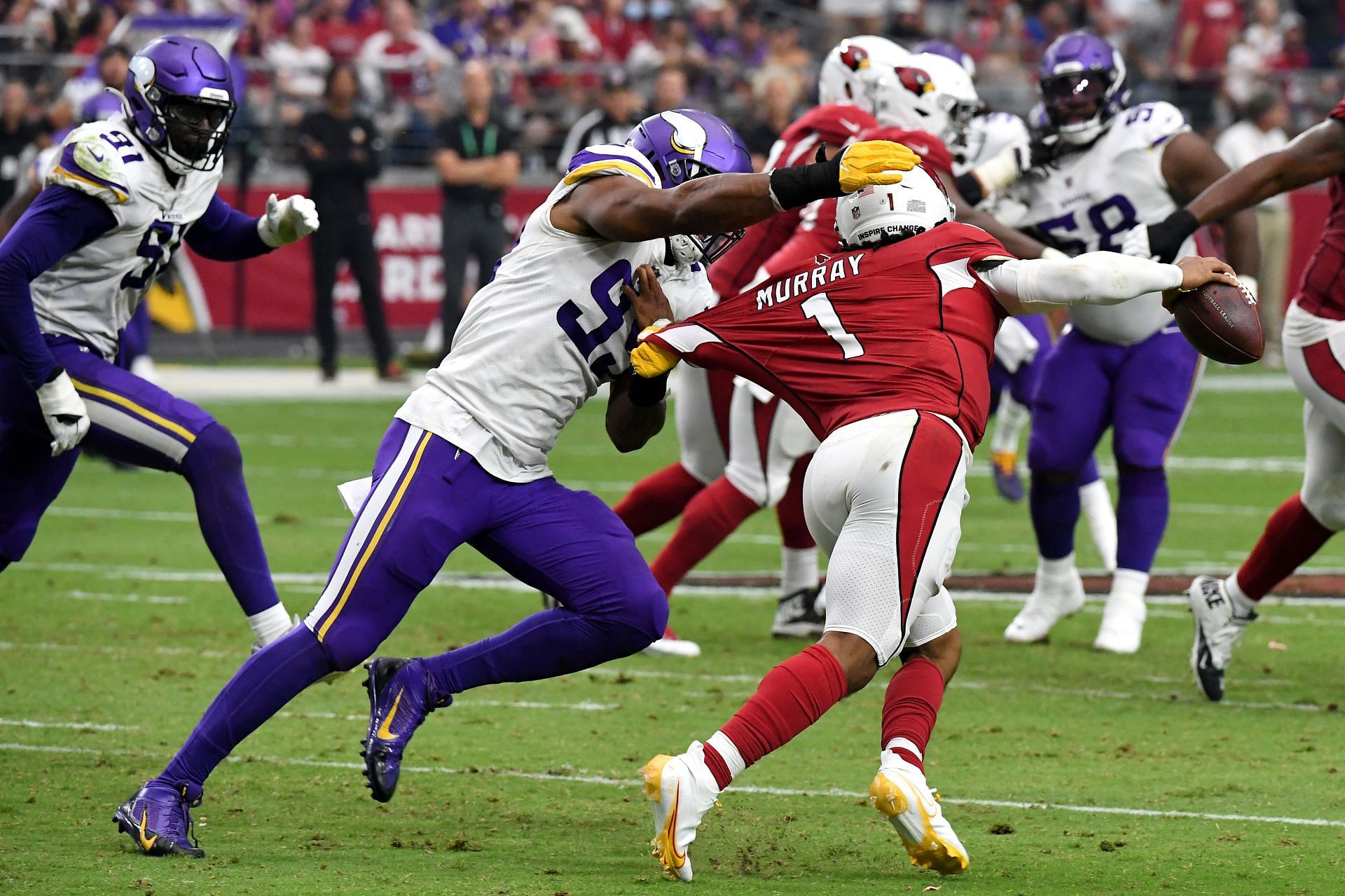
Murray's bombs-away gunslinger mentality sees him hold on to the football longer than most in the passing game. The offensive line faces the difficult task of holding off pressure for extended periods. Kingsbury setting up a better short-pass game puts Murray at less risk of injury and relieves the burden of blocking very long from linemen.
The running game also lacks any sense of burst. James Conner and Darrel Williams are reliable chain-movers, but don't offer any breakaway speed. This leads to the majority of the running burden falling into Murray's hands, putting the quarterback at further risk of injury.
The Arizona Cardinals have two passing game coordinators and a run-game coordinator, but it all seems ill-structured. It often seems as if Murray's outrageous playmaking is what moves the chains of the Cardinals offense instead of efficient playcalling.
Final Thoughts
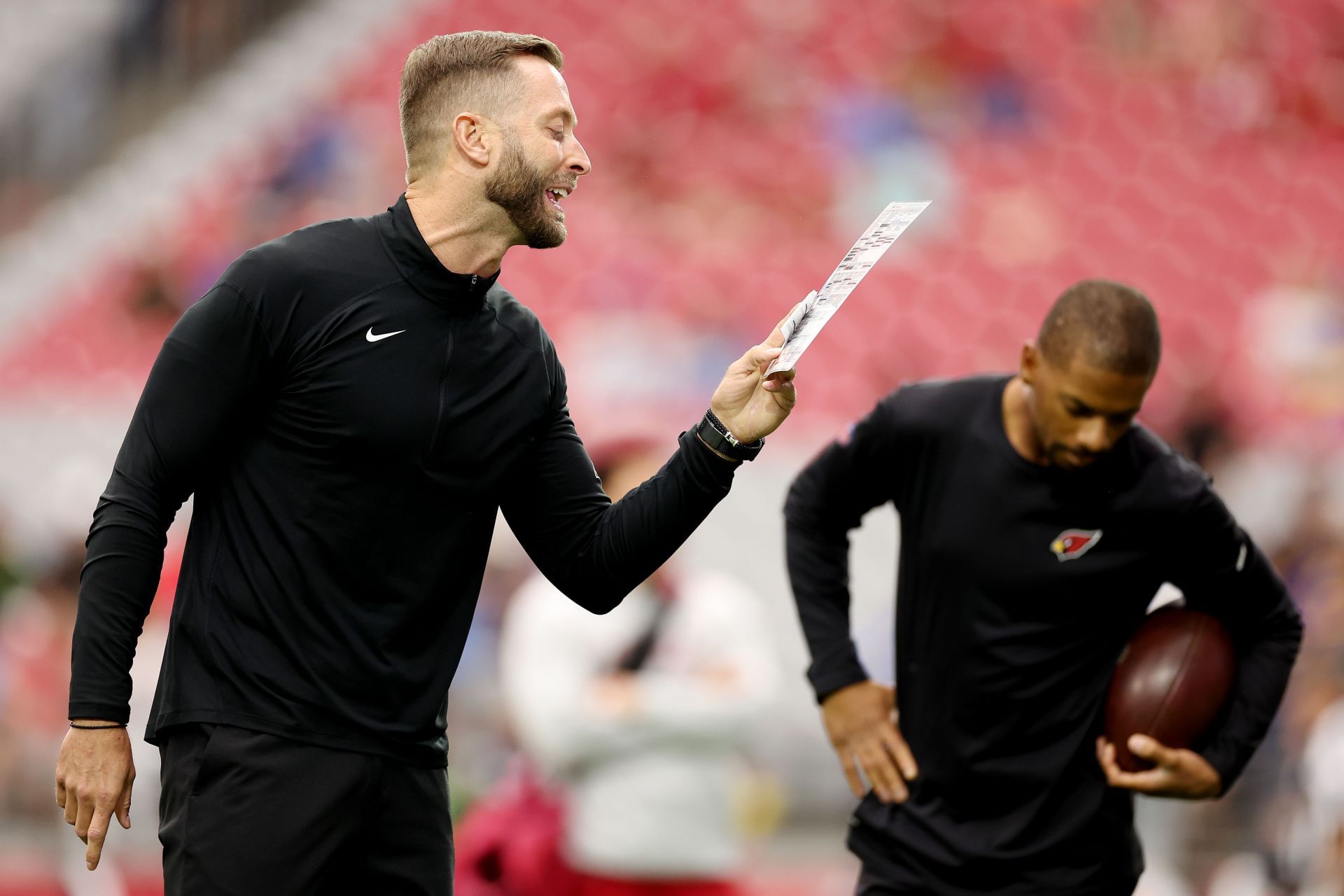
Kliff Kingsbury will get DeAndre Hopkins back mid-season. This should help the passing game immensely, but questions surrounding offensive line play and concerns about the running back room might likely persist.
The Arizona Cardinals need to fix their malfunctioning offense to recover their season. Kyler Murray is still an elite quarterback and fixing everything around him should be the priority for the rest of the organization.